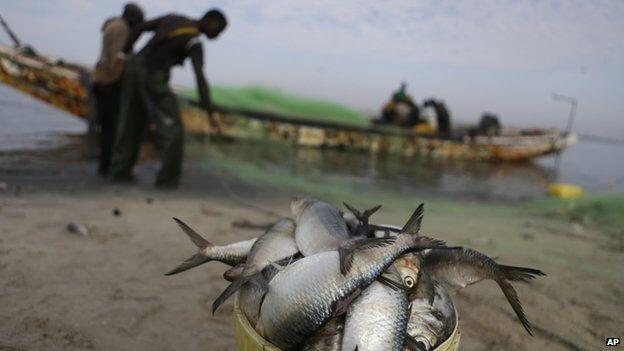An unusually widespread and deadly “red tide” outbreak in southern Chile’s fishing-rich waters is abating, a top scientist said on Monday, giving some reprieve to communities that depend on the Pacific Ocean for their livelihoods.
The red tide – an algal bloom that turns the sea water red and makes seafood toxic – is a common, naturally recurring phenomenon in southern Chile. But abnormally high water temperatures spurred by the El Niño weather system this year helped fuel the current outbreak to levels not seen in recent memory.
Banned from selling potentially contaminated seafood, some fishermen in the south had led protests demanding government help, at one point cutting off access to the island of Chiloe.
“From the first analysis of the samples taken from the ocean around Chiloe island, we can conclude that the red tide phenomenon is receding,” University of Concepcion investigator Laura Farias told reporters on a conference call.
“The decline of the El Niño weather phenomenon has been key for this,” said Farias, aboard the Navy’s Cape Horn scientific vessel that has been circumnavigating Chiloe.
El Niño warms the ocean and creates bloom-friendly conditions.
A team of scientists is studying if tonnes of salmon killed by a separate algal bloom and dumped into the Pacific by salmon farmers also contributed to the massive red tide.
Farias said it was too early to determine any correlation.
“It’s very difficult to answer that right now … we still can’t talk about a cause and effect,” she said.
Source: REUTERS











